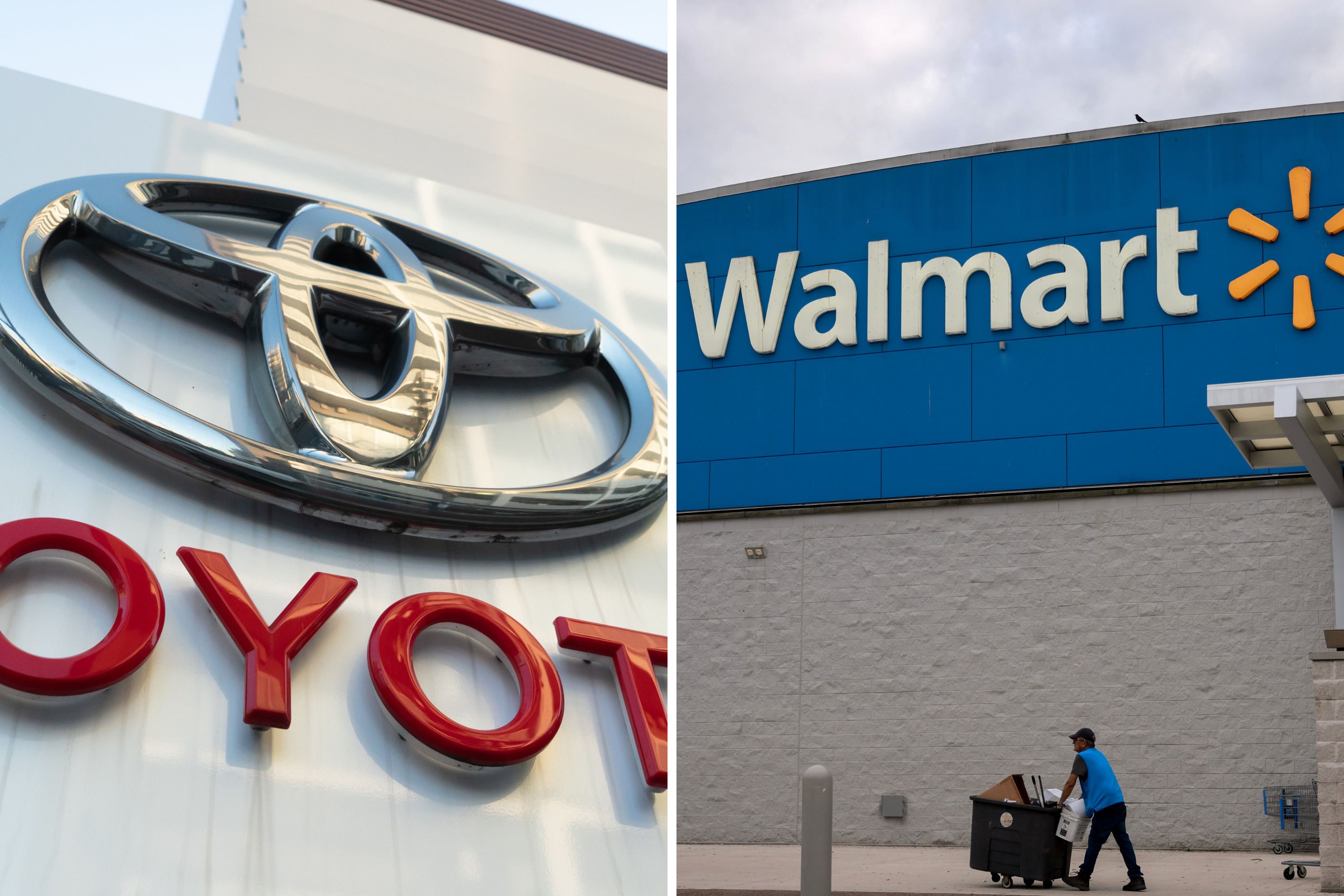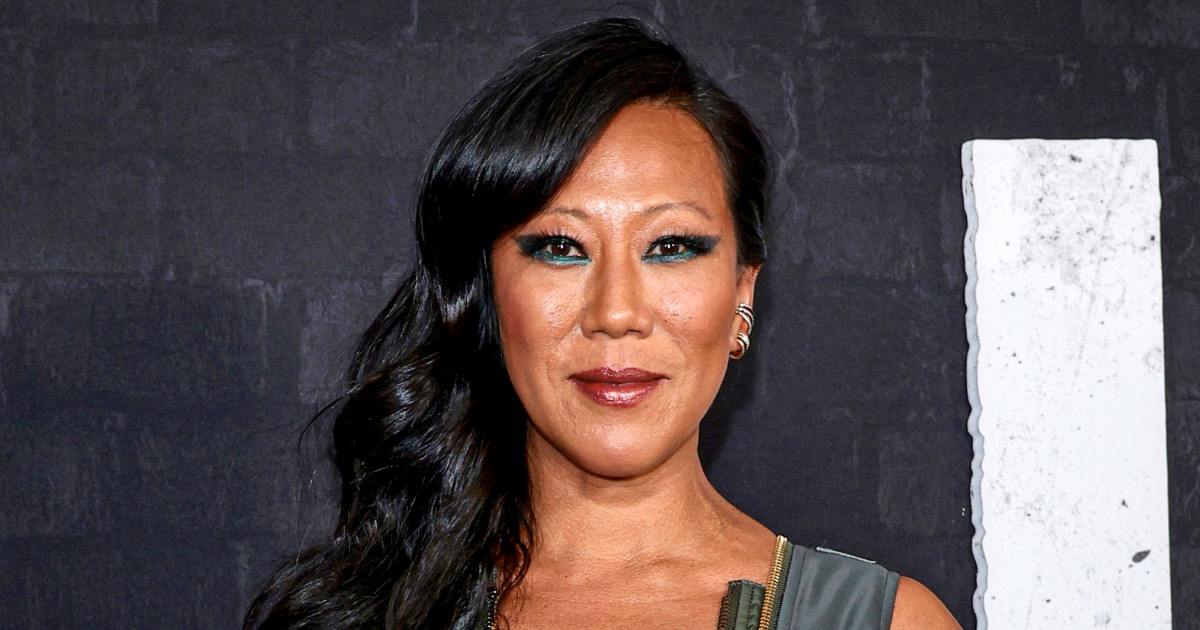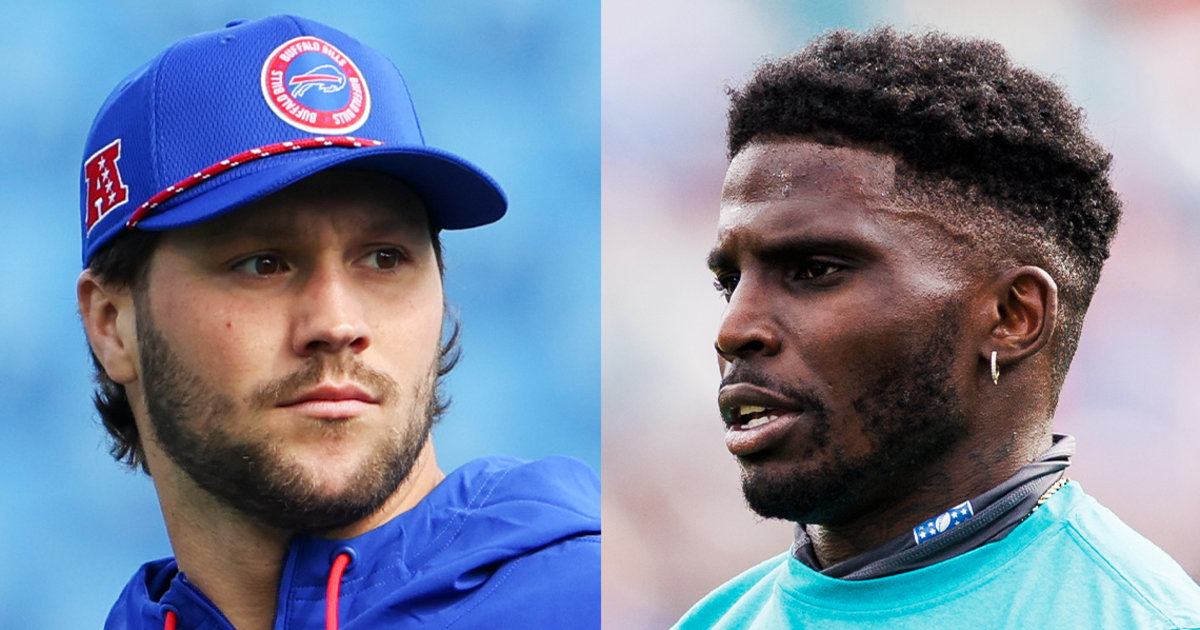Walmart is the latest major U.S. company to announce a rollback of diversity, equity and inclusion (DEI) policies, with the retail giant telling Newsweek that “we’ve been on a journey and know we aren’t perfect.”
The company confirmed it plans to stop using the terms “LatinX” and “DEI” in official communications, won’t continue the Racial Equity Center it founded in 2020 and will ban any sexualized or transgender products marketed toward children.
The move follows President-elect Donald Trump’s victory on November 5 in which he picked up 312 Electoral College votes against 226 for Vice President Kamala Harris and won the popular vote for the first time in three elections. In October, The Wall Street Journal reported that Trump was planning to ban certain DEI initiatives if he won a second term in the White House.
Trump’s victory was interpreted by some as a rejection of the DEI and “woke” policies adopted by much of the corporate world over the past few years, and in particular following the 2020 killing of George Floyd in Minneapolis and the subsequent unrest.
Over the past couple of years, a number of major companies have faced conservative boycott campaigns over their allegedly “woke” policies or ads, including Bud Light, Target and Disney.
Newsweek has produced a list of companies that have abandoned or rolled back DEI initiatives over the past few months.
Tomohiro Ohsumi/Joe Raedle/GETTY
Walmart
On Monday, the Associated Press reported that Walmart was rolling back a number of DEI initiatives, including not renewing its equity racial center and declining to give priority treatment to suppliers when it comes to race or gender. The company was also reported to be pulling out of the Human Rights Campaign Foundation’s Corporate Equality Index, which rates workplaces based on LGBTQ+ inclusion.
A Walmart spokesperson confirmed the changes to Newsweek and provided a statement from the company: “We’ve been on a journey and know we aren’t perfect, but every decision comes from a place of wanting to foster a sense of belonging, to open doors to opportunities for all our associates, customers and suppliers and to be a Walmart for everyone.”
Ford
According to marketing website AdAge, in August, Ford announced it was withdrawing from the Human Rights Campaign’s (HRC) Corporate Equality Index, shifting some of its corporate sponsorships and commenting less on political issues.
In an email to staff acquired by anti-DEI campaigner Robby Starbuck, Ford CEO Jim Farley said: “We are mindful that our employees and customers hold a wide range of beliefs.
“The external and legal environment related to political and social issues continues to evolve.”
Speaking to Newsweek, a Ford spokesperson confirmed the company had withdrawn from the HRC’s Corporate Equality Index, but insisted there had been “our commitment to foster a workplace anchored in respect and inclusion.”
They added the move was “not in response to external pressure or efforts by Mr. Starbuck.”
Lowe’s
In August, the Associated Press that home improvement retailer Lowe’s was “scaling back its diversity, equity and inclusion policies.
Lowe’s said it would stop taking part in the HRC’s corporate equality index and would combine resource groups for minority groups into one umbrella organization.
Tractor Supply
Tractor Supply announced in June that it would eliminate all internal diversity, equity and inclusion roles and “stop sponsoring nonbusiness activities” such as Pride festivals.
The company also said it would withdraw from the HRC’s corporate equality index and drop carbon emissions goals, instead focusing on “our land and water conservation efforts.”
John Deere
In a statement published on X, formerly Twitter, in July, manufacturer John Deere said it would “no longer participate in or support external social or cultural awareness parades, festivals, or events.”
The company also reaffirmed that “within the business the existence of diversity quotes and pronoun identification have never been and are not company policy.”
Molson Coors
In September, Bloomberg News acquired an internal Molson Coors memo in which the company said it would withdraw from the HRC’s corporate equality index, end supplier diversity targets and stop linking executive compensation with employee representation.
Harley-Davidson
In August, Harley-Davidson announced it will no longer take part in the HRC’s corporate equality index, prioritize minority owned suppliers or conduct socially motivated employee training.
The motorcycle manufacturer also said it hadn’t had a corporate DEI function since April.
Stanley Black & Decker
In September, power tool manufacturer Stanley Black & Decker removed references to “equity training,” workshops, multimillion-dollar funding for “racial equity” groups and LGBTQ+ campaigns from its website, according to The Daily Mail.
These included references to $10.5 million available for racial justice activists and the company’s “racial equity roadmap.”
Toyota
According to the HR Grape Vine website, in October, Toyota announced in an internal memo that it would withdraw from all external DEI measurements, including the HRC’s corporate equality index.
The document said: “When we find something that does not align with our values and strategies, we will address it directly.”
Bud Light
Bud Light was one of the companies most impacted by a conservative boycott beginning in April 2023 in response to its collaboration with transgender influencer Dylan Mulvaney.
According to the Harvard Business Review, in the first three months of the boycott, “Bud Light sales and purchase incidence were about 28% lower than the same time period in prior year.”
Bud Light recently released a new commercial featuring comedian Shane Gillis, who was fired from Saturday Night Live after only a handful of episodes because of controversy over remarks he made on his podcast, including a racial slur about Asian people.
In an article for British online magazine UnHerd, writer Oliver Bateman described the move as “corporate America’s way of declaring that the progressive revolution is officially over.”
Bateman added: “The timing of the ad, which follows Donald Trump’s victory in the presidential election, feels right on schedule. Gillis, with his aw-shucks demeanor and decidedly un-PC comedy, represents exactly the kind of normal-guy sensibility Bud Light desperately needs to appeal to after alienating its core audience.”
Newsweek contacted Walmart, Lowe’s, Tractor Supply, John Deere, Bud Light, Molson Coors, Harley-Davidson, Stanley Black & Decker and Toyota for comment via email or press inquiry form on Tuesday outside of regular business hours.
Update 11/29/24, 5:15 a.m. ET: This story has been updated with comment from a Ford spokesperson.




















